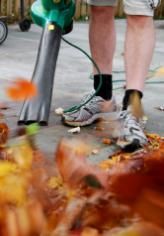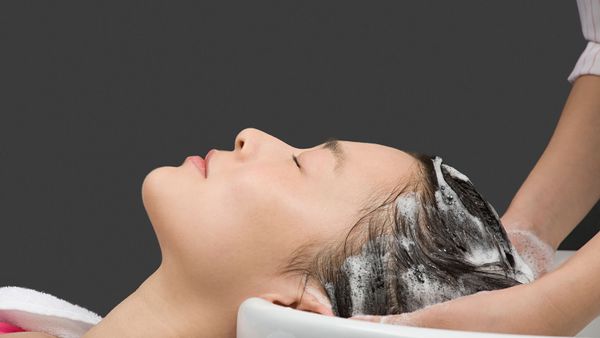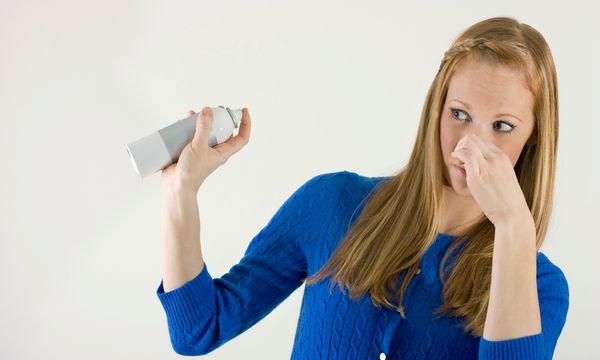Whether you're tackling a painting project outdoors or inside your home, you can use the Fantastic Four products in a number of ways. When painting in small spaces or enclosed rooms, you can help absorb any paint odors if they bother you or your family by setting out dishes of vinegar. Keep dishes out for a few days after finishing your project, adding new vinegar each day.
Surfaces, particularly metal ones, should always be as clean as possible before applying paint to them. In the past, this has usually meant using a toxic solvent, but vinegar is also a great product to use to truly clean a metal surface. You can achieve the same effect as with a solvent by using 1 part vinegar to 5 parts water. This solution will cut through any dirt or oily residues on the metal, which can really mess with your paint job. It will also make future problems with peeling paint less likely.
Perhaps you didn't clean your brushes properly after using them the last time, and now the bristles have become hardened. Fix this by boiling the brushes in 1/2 gallon water, 1 cup of baking soda, and 1/4 cup vinegar.


